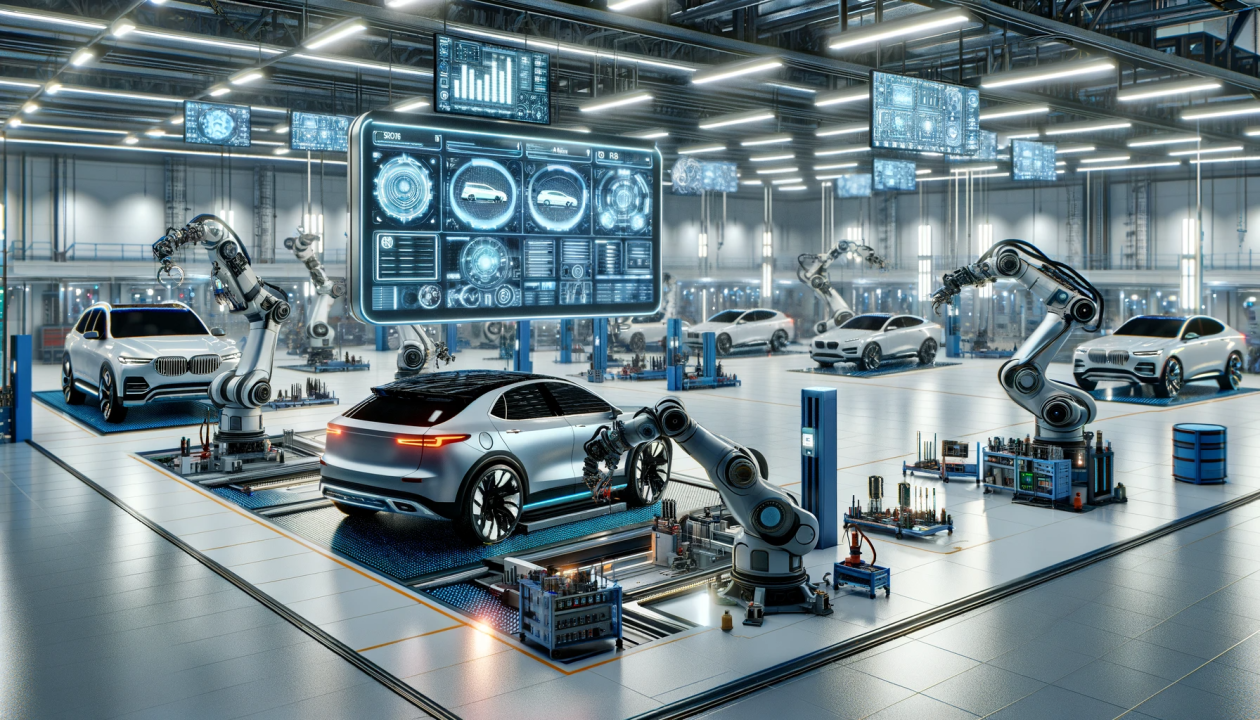
Introduction:
In an era marked by rapid technological advancements, the automotive industry stands at the forefront of innovation with the rise of autonomous vehicles (AVs). As AV technology continues to evolve, so too does the landscape of employment within this sector. In this guest post, we delve into the future of AV employment, exploring the opportunities and challenges that lie ahead.
The Evolution of AV Employment:
The journey towards autonomous vehicles has already begun, and with it comes a transformation in the nature of employment within the automotive industry. Traditional roles such as manufacturing, engineering, and maintenance are being augmented by new, specialized positions tailored to the unique demands of AV technology.
Opportunities in Software Development:
One of the most significant areas of growth in AV employment lies in software development. As AVs rely heavily on complex algorithms and artificial intelligence to navigate roads safely, the demand for skilled software engineers and data scientists is on the rise. From designing algorithms for obstacle detection to developing machine learning models for predictive maintenance, the opportunities for innovation in software development within the AV sector are vast.
Driving the Future: Autonomous Vehicle Operators:
While the ultimate goal of autonomous vehicles is to operate without human intervention, the transition towards full autonomy requires human oversight. This has led to the emergence of roles such as autonomous vehicle operators, who are responsible for monitoring vehicle performance and intervening when necessary. As AV technology matures, these roles may evolve to encompass broader responsibilities, such as remote vehicle management and fleet optimization.
Safety and Regulation:
As the adoption of AVs accelerates, ensuring safety and regulatory compliance remains a paramount concern. This has led to a growing demand for professionals specializing in AV safety assessment, regulatory compliance, and risk management. From conducting comprehensive safety assessments to navigating the intricacies of evolving regulatory frameworks, these roles play a critical role in shaping the future of AV employment.
The Rise of Mobility Services:
Beyond individual vehicle ownership, the future of transportation lies in mobility services such as ride-hailing, autonomous shuttles, and last-mile delivery. These services not only present new opportunities for employment but also require a diverse range of skills, from customer service and fleet management to software development and data analysis. As mobility services continue to proliferate, so too will the demand for professionals capable of driving innovation in this space.
Challenges on the Horizon:
While the future of AV employment is brimming with opportunities, it also presents its fair share of challenges. One of the most pressing concerns is the potential displacement of traditional automotive jobs due to automation. As AV technology advances, roles that were once performed by human operators may become obsolete, necessitating reskilling and upskilling initiatives to ensure a smooth transition for workers.
Ethical and Societal Implications:
The widespread adoption of AVs raises complex ethical and societal questions that extend far beyond the realm of technology. From concerns about job displacement to questions of liability and accountability in the event of accidents, addressing these challenges will require collaboration across disciplines and stakeholders. As the architects of tomorrow’s mobility solutions, it is incumbent upon us to navigate these challenges with foresight and integrity.
Conclusion:
The future of AV employment holds immense promise for those willing to embrace change and innovation. From software development and safety assessment to mobility services and regulatory compliance, the opportunities within the AV sector are as diverse as they are exciting. By staying attuned to emerging trends and collaborating across disciplines, we can unlock the full potential of autonomous vehicles and pave the way for a safer, more efficient future of mobility.






